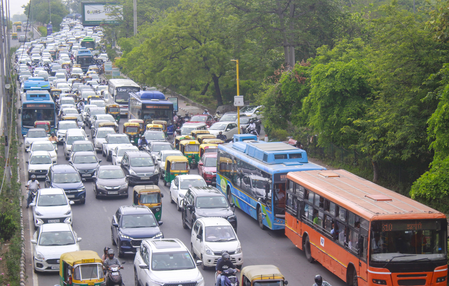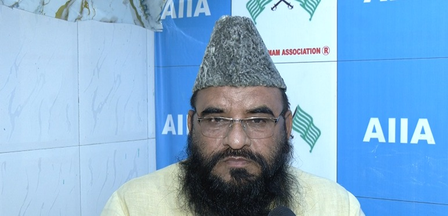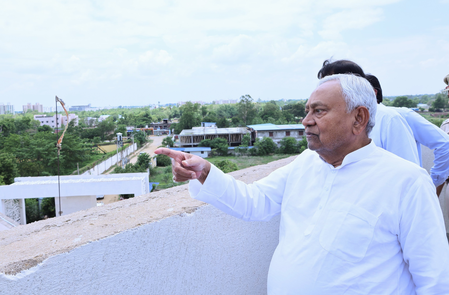
New Delhi, July 28 (IANS) The Supreme Court is scheduled to hear a crucial petition on Monday filed by the Delhi government, challenging the blanket ban on end-of-life vehicles (ELVs), older vehicles operating in the Delhi-National Capital Region (NCR).
The case pertains to the enforcement of a rule that prohibits diesel vehicles older than 10 years and petrol vehicles older than 15 years from plying on Delhi roads, a directive that has impacted thousands of vehicle owners across the region.
The Delhi government’s plea seeks a review of the 2018 Supreme Court order, arguing that the age-based ban lacks scientific backing and disproportionately affects middle-class citizens who rely on these vehicles for essential and limited use.
The petition calls for a more nuanced, emission-based regulatory framework that considers the actual environmental impact of each vehicle, rather than relying solely on age as the determining factor.
In its submission, the Delhi government has urged the apex court to direct the Central Government or the Commission for Air Quality Management (CAQM) to conduct a comprehensive scientific study to assess the real-world impact of such vehicles on air quality. The plea contends that many older vehicles, particularly those compliant with BS-VI (Bharat Stage 6) emission norms or used infrequently, emit negligible pollutants and should not be subject to a blanket ban.
“The current approach mandates collective compliance without distinguishing between highly polluting vehicles and well-maintained, low-use ones,” the petition states, highlighting the disproportionate burden on lower and middle-income citizens.
The issue has gained renewed urgency following the nationwide implementation of BS-VI norms, widely regarded as the cleanest vehicle emission standards introduced in India.
The Delhi government argues that numerous vehicles affected by the ban are either BS-VI compliant or well-maintained, making their continued use environmentally safe.
The petition also underscores the socio-economic consequences of the ban, pointing out that families dependent on older vehicles for daily commuting or livelihood now face hardship due to the inflexible policy.
–IANS
rs/rad




